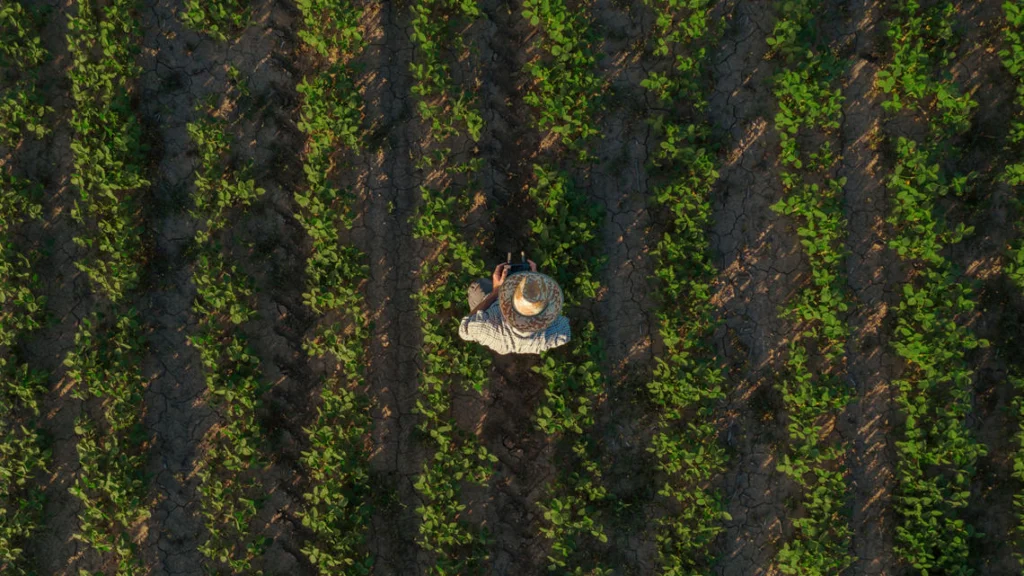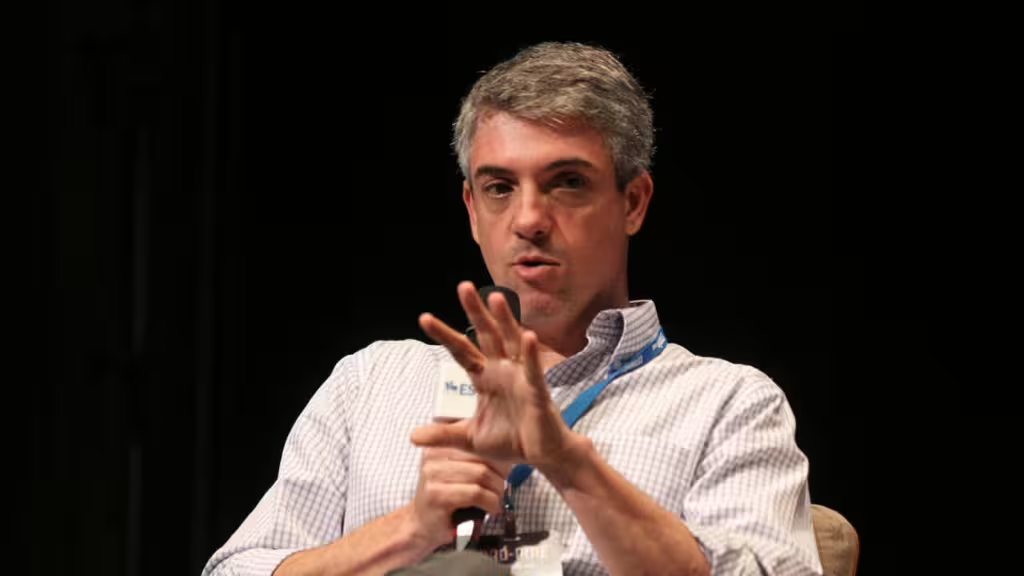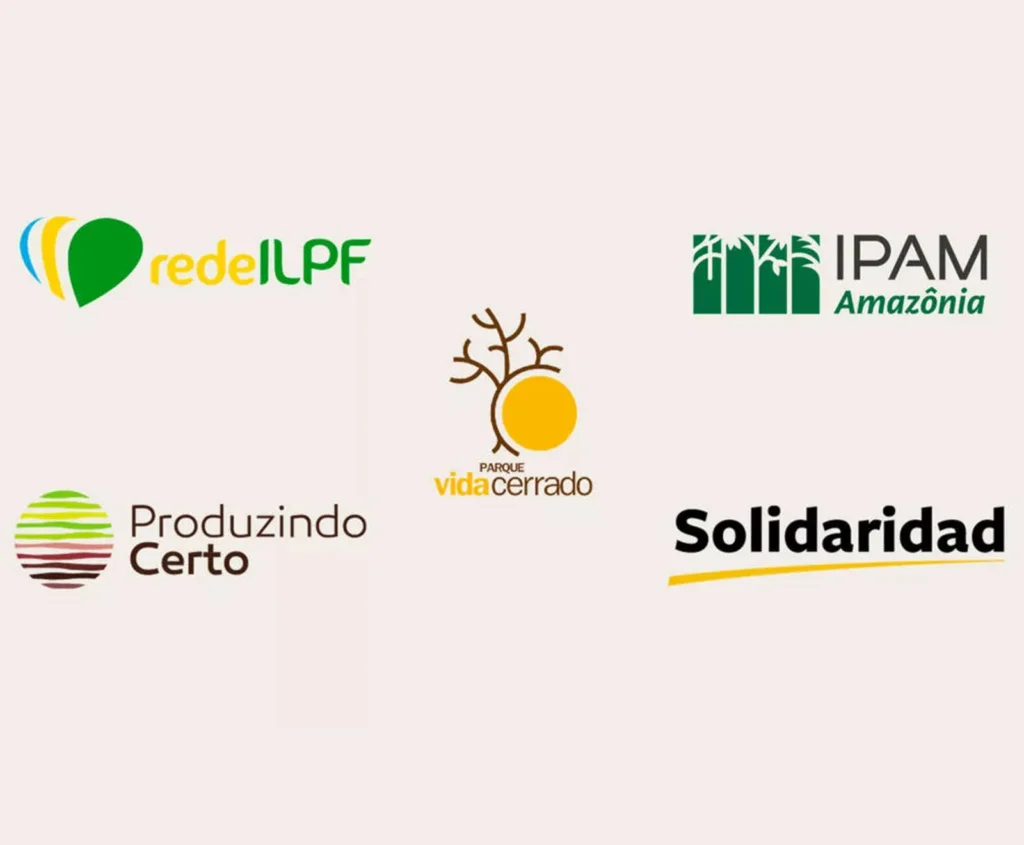Authors
The Soft Commodities Forum
Traceability of member companies’ soy supply chains to the farm level is a key priority to assure deforestation- and conversion-free (DCF) soy production in the Cerrado and beyond.
Leia em português – Engajamento de fornecedores indiretos quanto à pressão global por produtos rastreáveis livres de desmatamento e conversão
What progress has the SCF made toward achieving traceability?
The SCF’s Monitoring Land Use workstream first started by assessing member companies’ direct supply of soy in the Cerrado. In December 2022, we marked a significant milestone in our DCF journey by verifying each member’s DCF performance through a third party audit process using a dedicated audit protocol. In addition to announcing this direct supplier milestone in our December 2022 report, the SCF also announced a shared approach to indirect supplier engagement.
Why is tracing soy from indirect parties so important?
Indirect soy suppliers in the Cerrado, including soy resellers, cooperatives, and third-party warehouses, represent the remaining key hurdle to achieving traceability of DCF soy sourcing. Their partnership and engagement, both with the SCF and broader supply chain partners, will clarify the status of soy-driven deforestation and native vegetation conversion in the Cerrado and pinpoint supply chain risks most in need of interventions.
What is the SCF doing to support indirect suppliers in attaining traceability to farm level?
The Monitoring Land Use workstream established a three-step process for engaging indirect suppliers in order to guide them toward verification audits to ensure DCF performance. This process consists of:
- building awareness among indirect suppliers of the SCF’s DCF objectives and steps for indirect supplier engagement;
- assessing indirect supplier capacity to set up traceability and monitoring systems; and
- co-developing action plans to build traceability and monitoring capacity.
The SCF’s indirect supplier engagement process arrives at a time of growing global recognition of the urgent need to protect native ecosystems from commodity-driven deforestation and conversion. Bolstered by upcoming EU legislation for DCF verification and other upcoming legislation, this global discourse contributes to a strong foundation for effective indirect supplier engagement.
What is the level of engagement from indirect suppliers?
The SCF builds awareness among 14* engaged indirect suppliers. We have received positive signals from several suppliers who recognize the importance of implementing traceability systems and provide hopeful acknowledgement of existing tools for land use change monitoring.
For example, Vicente, a representative of family-owned cereal trader Buriti Comercio de Cereais LTDA, shared that he was bothered by Buriti’s placement in DCF rankings. After presenting the results and DCF action plan co-created with the SCF to the Buriti Comercio de Cereais owners, Vicente confirmed to the SCF that the owners support the adoption and implementation of the measures recommended in the diagnosis. Another supplier partner, Everest Agro, shared with the SCF that its members hired a professional to assist in risk management practices of the organization’s grain sourcing. Mr. Lindomar, who represents Everest Agro in their engagement with the SCF said: “We are concerned and engaged in these good practices.”
The SCF applauds indirect suppliers, including Buriti Comercio de Cereais and Everest Agro, in hearing and responding to the sectoral signal and call to action presented through the SCF’s indirect supplier engagement process. Their active involvement and collaboration sets a hopeful tone as we advance DCF soy supply chains in the Cerrado, working alongside soy supply chain actors.*On this article’s June 27th publication date, the Soft Commodities Forum confirmed engagement with an additional six indirect suppliers, marking the achievement of its target to engage 20 indirect suppliers by June 2023.
Related
Content

Cultivating Change: Preliminary Lessons of the Farmer First Clusters Initiative and Interactive Map
28 March, 2024

Interview with Ricardo Mastroti: The Brazilian Business Council for Sustainable Development (CEBDS) Executive Director
18 June, 2024

Farmer First Clusters: Partnerships for Sustainable Land Use in the Cerrado
27 September, 2023
